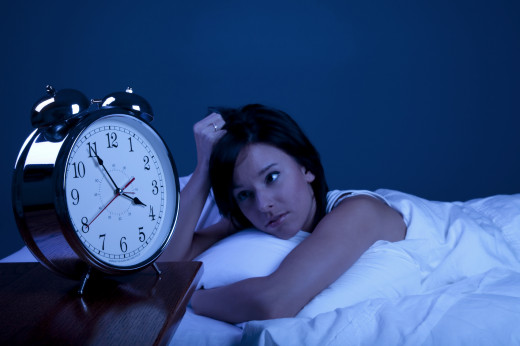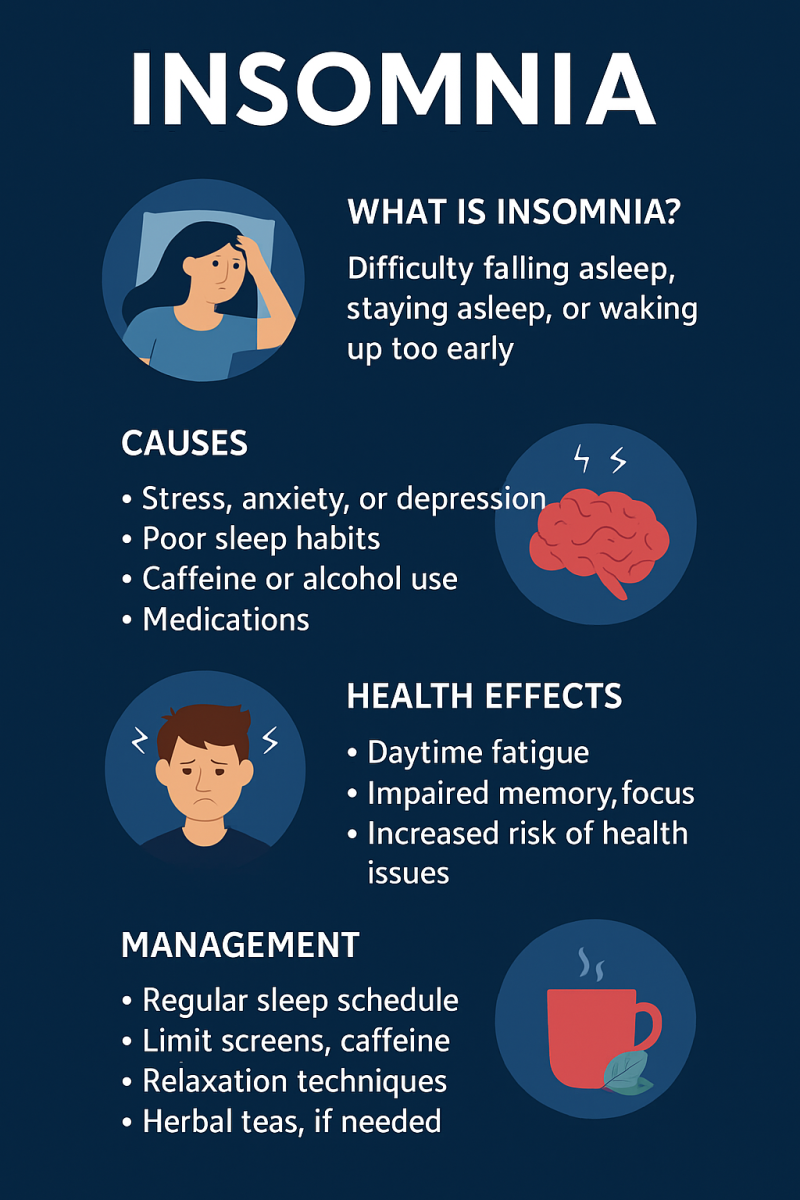Stress Extension: Sleep Management, Consequences Of Its deprivation And Insomnia
A Good Sleep

A General Overview
Sleep is a basic necessity of life. Our health, happiness and ability to succeed in life are strongly dependent on how well we meet our bodies’ needs for rest and quality sleep. It is common to find people with high pressure during screening who attribute the elevation to lack of sleep the previous night. This is often a mistake.
Sleep is a type of unconsciousness and is a state of being unaware of the world. Sleep is essential to good health as it refreshed the body and the mind. If you are having dreams while you sleep, it is as well very good for your health.
Circadian Rhythm: Within humans, daily cycles of wakefulness and sleep follow a definite pattern. This is called circadian rhythm which is an endogenous cycle of behaviour or biological activity with a period of 24 hours. The circadian clock must be synchronized to local time. Shift work is a necessity in modern living. Manufacturing, transportation and health care rely on shift workers to maintain synchrony with environmental and social cues. Shift workers may suffer from sleep disruption and fatigue, domestic disturbances and health problems.
Waking Up Fresh In The Morning

Daily Sleep Requirements
Different people have different internal signals that dictate the amount of sleep they need. However, on the average, most adults need about 6 to 8 hours of sleep at night to feel fully alert when they awake. Teenagers and children require even more sleep. But most busy people may sleep only three to six hours. This is much less than the body requires.
If you are waking up refreshed and not feeling tired during the day, that suggests you are getting enough sleep. But if you have difficulty waking up, feeling tired, having to take naps, common sense tells you that you need more sleep at night. Going without sleep is destructive.
Consequence of sleep deprivation:
- Increased risk of heart disease and stomach problems
- Irritability and depression
- Explosive out bursts and mood swings
- Increased risks of high speed highway crashes
- Decreased work performance and memory lapses
- Marital, social and employment problems.
Insomnia

Why Can't I Sleep?

Insomnia
Insomnia is a common sleep problem, affecting almost everyone at some point in their lives. People with insomnia report that they cannot fall asleep or they cannot stay asleep.
Types of insomnia:
- Acute insomnia often caused by a stressful event, a period of emotional stress, temporary pain, environmental disturbances such as (noise, light, strange bed, extreme temperatures), disruption of your normal sleep/wake cycle, from jetlag or caring for a newborn and side effects of certain medications.
- Chronic insomnia: this lasts for months or even years and tend to have more complex causes such as:
- Underlying medical conditions like asthma, rheumatoid arthritis, congestive heart failure.
- Mental health disorders eg, depression, anxiety or chronic stress.
- Stimulants like caffeine, alcohol, nicotine
- Behavioural or lifestyle factors like excessive worrying including worry about not being able to sleep.
- Disruption of sleep/ wake cycle from shift work
- Poor sleep hygiene
- Drugs like oral contraceptives, diuretics, corticosteroids
During menopause, many women often experience insomnia. This is a normal side effect of menopause and is usually caused by symptoms of menopause such as hut flashes. You need to see a doctor if your insomnia lasts more than a few days or when it becomes predictable. He will take your sleep history, check your sleep diary and evaluate other medical conditions.
© 2014 Funom Theophilus Makama









